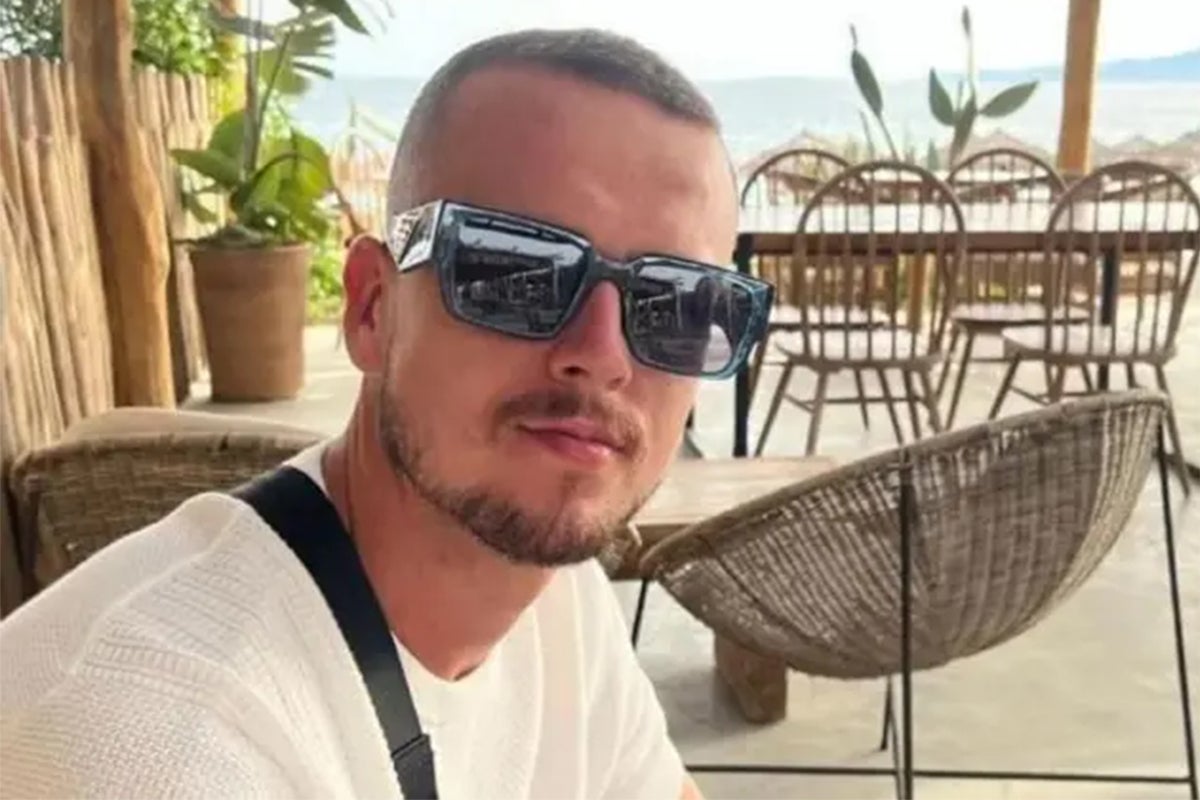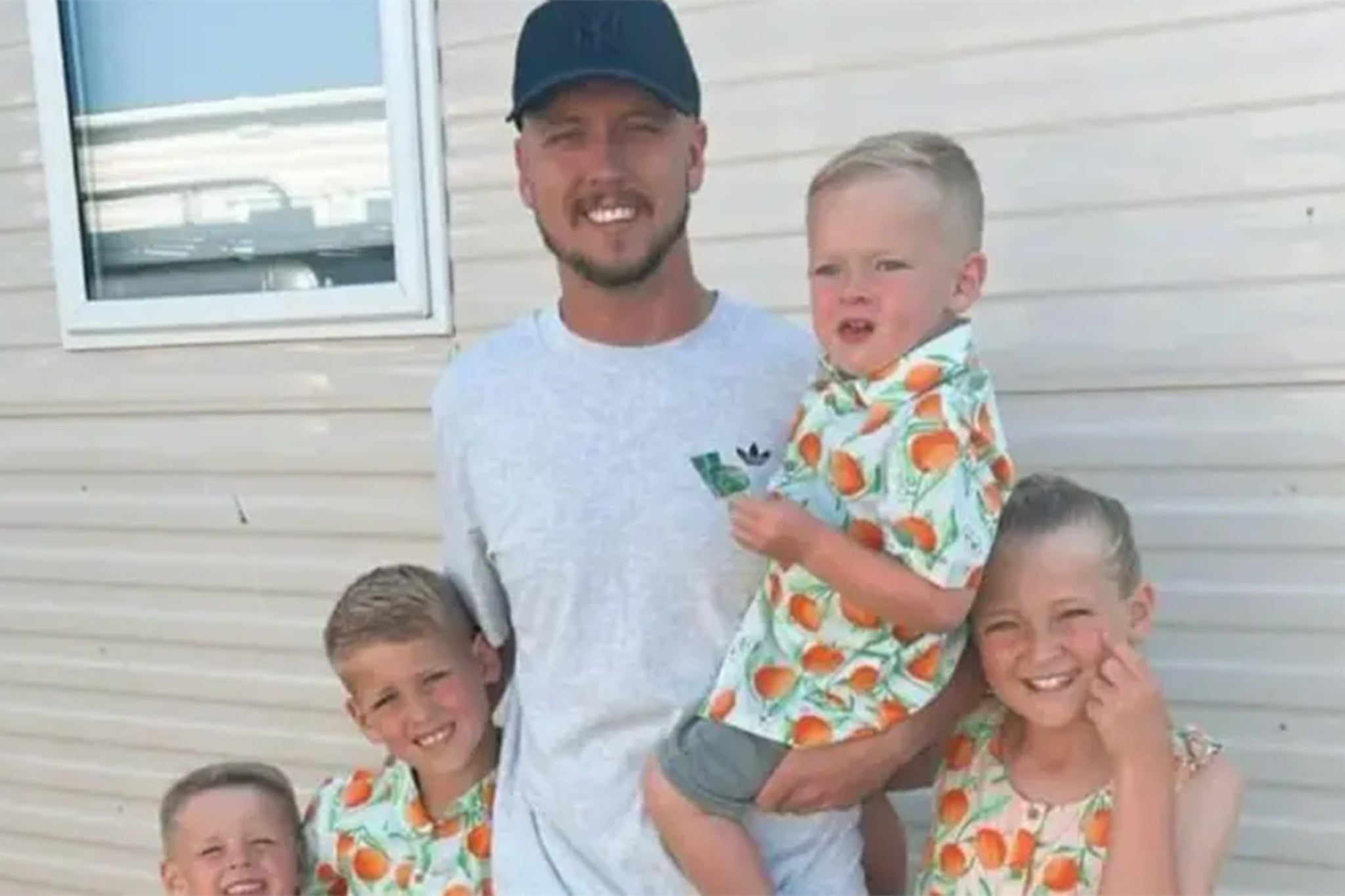
The death of a Briton whose body was found at the bottom of a 200-metre-high cliff in a remote area of Spain last year is now being treated as a possible murder, the man’s family has revealed.
Father-of-four Nathan Osman, 30, from Pontypridd in South Wales, was found dead last September, less than 24 hours after arriving in Benidorm on his first holiday abroad.
Local police quickly deemed the situation a “tragic accident”, but Mr Osman’s family, unsatisfied with the outcome, flew to Spain to investigate his death themselves.
After taking their findings to the chief prosecutor, the case has been reopened, the family said.
Lee Evans, Mr Osman’s brother, said the Benidorm prosecutor told them “we strongly believe foul play is involved and we are treating it as a potential homicide”.
“They said they will look at all the evidence and your dossier, and we have no reason to believe whatsoever that it was accidental or suicide,” he told Sky News.

The family points to efforts to use Mr Osman’s bank cards the day after he died as evidence that others were involved in the incident. The family believe that Mr Osman was abducted and robbed.
Mr Osman’s body was found by an off-duty police officer on a water bike the day after he died. A post-mortem revealed the young father died from head and abdominal injuries after falling from a height.
CCTV showing Mr Osman walking back towards his hotel on the night of his death was unearthed by Lee and his sister Alannah. They say their brother does not appear drunk in the video.
He had been talking on a video call with a friend until his phone battery ran out.
The family suggest that this video, in tandem with the remoteness of the location where Mr Osman’s body was later found, does not point towards an accident.
Pontypridd MP Alex Davies-Jones, who is also under secretary of state at the Ministry of Justice, raised Mr Osman’s case in the House of Commons this week in a debate about support for families of British nationals murdered abroad.
Mr Evans said the chief prosecutor in Spain was moved by their testimony, and “had tears in her eyes”. She was also frustrated that local authorities had not properly investigated the case.
“She can take away the thought of it being a suicide or accidental straight away because of the distance where he was found, the remote area and the bank cards being used the following day,” he said.
“She was really compassionate, we feel we can trust her – and she will do everything in her power to keep trying to find justice.”
Eurovision explained as the extravagant pop contest reaches its grand final
National Grid boss: Heathrow and TfL outages not ‘systemic’ network issues
AP PHOTOS: Eurovision performers gear up for grand final with sparkles and songs
AP PHOTOS: Eurovision final lineup is set after second semi-final
Ukraine latest: Zelensky calls Trump after Moscow and Kyiv agree 1000-prisoner swap
Greece files lawsuit against Adidas for ad showing a ‘shoe kicking the Acropolis’







